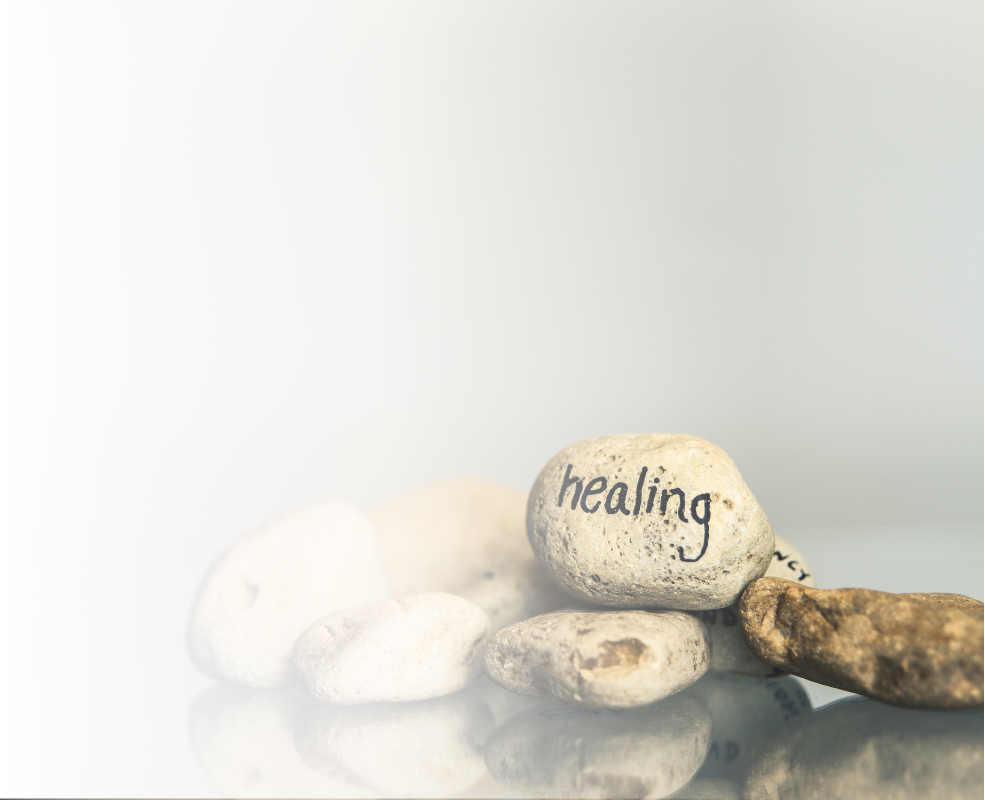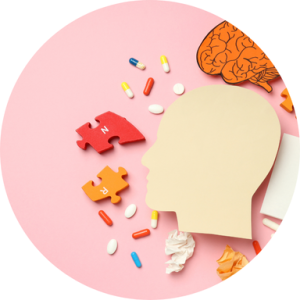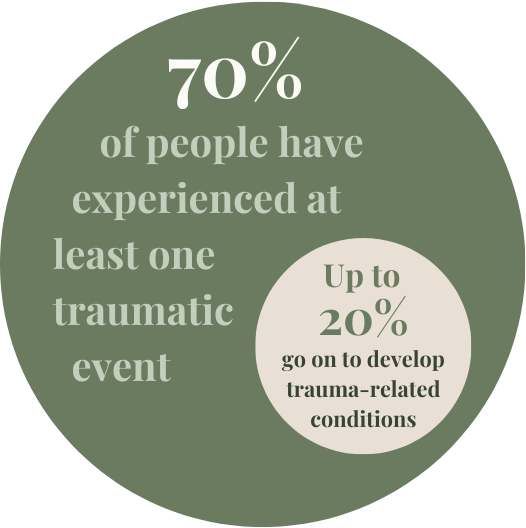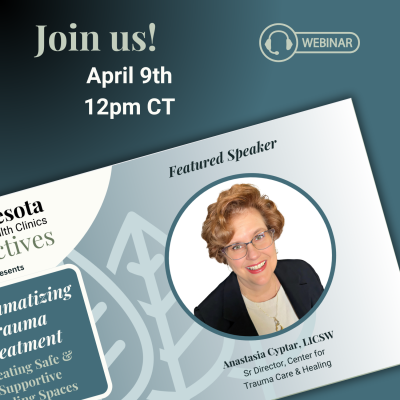specialty clinic
Center for Trauma Care & Healing
A specialized mental healthcare clinic for prevention, healing, and intervention for future, past, or immediate trauma.

What is Trauma?
Trauma is a psychological response to a deeply distressing event, such as abuse, accident, or loss. People with trauma may experience symptoms like anxiety, flashbacks, or difficulty trusting others. Emotionally, trauma can feel overwhelming, causing sadness, anger, or numbness. Physically, it may lead to sleep issues, fatigue, and tension. These responses can impact daily life and relationships, making it challenging to feel safe or connected.
How can trauma exist in your life?

Physical Trauma
Acute Injury
Chronic Pain
Chronic/Terminal illness
Medical Trauma
Sexual Assault / Exploitation

Psychological Trauma
Emotional Abuse
Neglect
Witness to Violence
Vicarious Trauma
Sexual Assault / Exploitation

Developmental Trauma
Childhood Trauma
Intergenerational Trauma
Historical Trauma & Past Events

Relational Trauma
Domestic Violence
Abandonment or Separation
Traumatic Grief

Environmental Trauma
Natural disasters
Loss of home
Community violence
Cultural trauma
Institutional trauma
How does MMHC approach dealing trauma in your life? By meeting who you are & where you’re at in your personal trauma journey with approaches tailored to your experience.



New life altering diagnosis
Current abusive behavior
Dramatic and sudden change in living circumstances
Traumatic loss
Adjusting to daily life after a traumatic experience (i.e. returning home from deployment, adjusting to life as a recent refugee)
Risk assessment to ensure safety for you and others
Specialized trauma assessment and diagnostics
Individualized treatment plan specific to your needs
Priority access to individual therapy with a certified trauma specialist
Trauma-focused Intensive Outpatient Group Therapy
Case Management and referral resources
If you or someone you know is in immediate danger or experiencing thoughts of self-harm or suicide, please call 911 or go to the nearest emergency room. For 24/7 support, you can also reach out to the National Suicide Prevention Lifeline at 988 or chat online at 988lifeline.org.
What kind of evidenced-based tools & approaches do we use to treat trauma?

EMDR (Eye Movement Desensitization and Reprocessing): A structured therapy that uses guided eye movements to help the brain reprocess traumatic memories, reducing the distress associated with them and fostering emotional recovery.
CPT (Cognitive Processing Therapy): An evidence-based cognitive-behavioral therapy that helps individuals identify and change unhelpful thoughts related to trauma, reducing symptoms of PTSD and improving emotional resilience.
TF-CBT (Trauma-Focused Cognitive Behavioral Therapy): A therapy designed for children and teens to help process trauma, reduce distress, and develop healthy coping skills through a combination of talk therapy and cognitive-behavioral techniques.
ART (Accelerated Resolution Therapy): A brief, image-focused therapy that combines visualization and eye movements to help clients reduce the impact of traumatic memories and emotional pain quickly and effectively.
Prolonged Exposure Therapy: A type of cognitive-behavioral therapy that helps individuals confront and gradually reduce trauma-related fears by safely re-experiencing aspects of the traumatic event.
Connect today for care.
We have providers available for same-week scheduling to help you work through the right path for your care.
If there is anything we know best about trauma care: don't wait.

Did you Know?
• 8% of people develop PTSD, increasing to 20% for people with traumatic experiences
• Adults with high clinically-scoring childhood trauma have 1.5x to 2x higher likelihood of developing chronic physical health issues
• Trauma survivors, particularly veterans, are 4x to 5x more likely to entertain suicidal ideation when PTSD goes untreated
• Adults with high clinically-scoring childhood trauma have 1.5x to 2x higher likelihood of developing chronic physical health issues
• Trauma survivors, particularly veterans, are 4x to 5x more likely to entertain suicidal ideation when PTSD goes untreated
Missed our event? Listen to a replay of our webinar.


